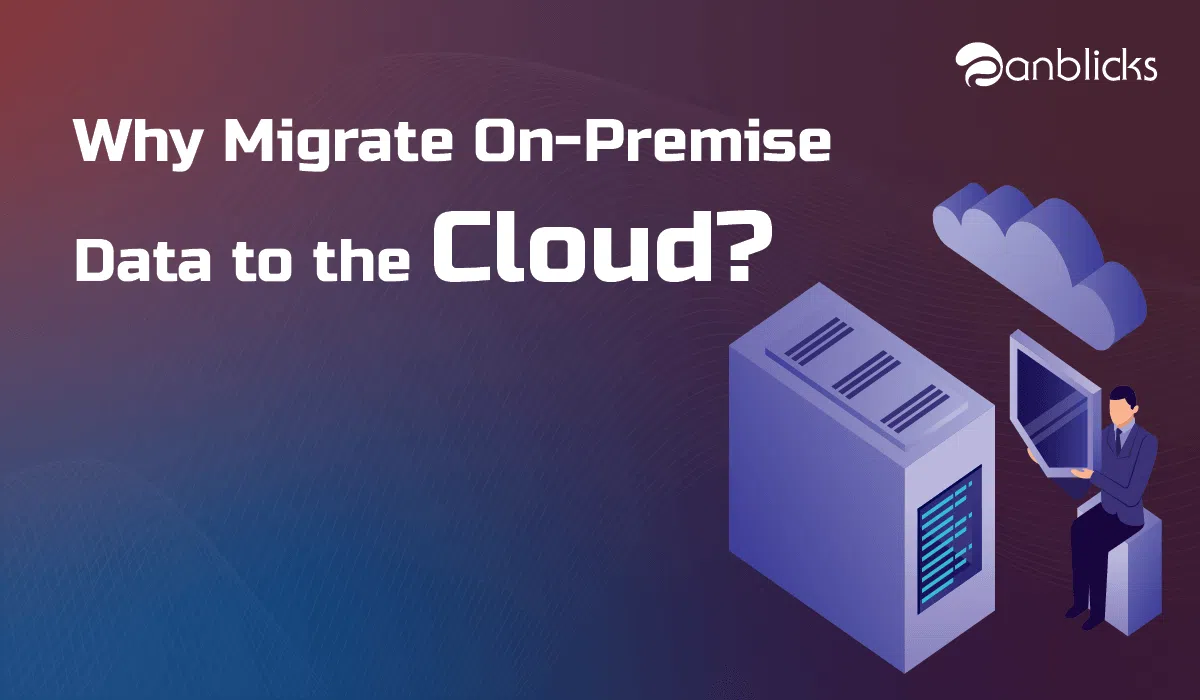
15 Keys Benefits of Cloud Automation for the Healthcare Industry

- Cloud automation streamlines healthcare data management and boosts efficiency.
- It ensures secure, scalable access to real-time healthcare information.
- Automation helps healthcare organizations reduce costs and improve compliance.
The pandemic has accelerated the adoption and scaling of cloud automation across the healthcare sector. According to market research, automation reduces storing medical and other data. In particular, the healthcare industry is currently growing and developing to incorporate more modern technologies.
BCC Research says the global healthcare cloud computing market will hit $35 billion by 2022, with an annualized growth rate of 11.6%. Recent research shows that the healthcare industry’s global market for cloud technologies will grow by USD 25.54 billion from 2020‐2024.
The healthcare industry has made a tremendous shift, from the paper-based procedure of maintaining records to assembling digital records and practicing online information sharing.
Cloud Automation Benefits for the Healthcare Industry
With the adoption of digital platforms and maintaining data in the cloud environment, here are a few benefits of cloud data automation in the healthcare industry:
1. Better Collaboration – The collaboration between doctors, departments, and even institutions is essential. Doctors and healthcare professionals must share patient information and records while preserving their security. Doctors can share information and see the results of previous interactions with other specialists.
2. Improved Medical Research – Cloud computing can assemble outside data from multiple fields, and data analysts can use the cloud to pool this data and provide better results. Big data and predictive analytics help healthcare specialists predict future outcomes of diseases and treatments. As a result, the number of fatal cases decreases, and there is a lower risk of disease complications.
3. Remote Patient Care – Cloud‐based EHRs can drastically enhance patient safety. Cloud computing solutions allow providers to gain helpful insights into past interactions between patients and other physicians across various facilities. The cloud allows patients to get high‐quality care without even visiting the hospital.
4. Better Customer Service – Cloud services can provide remote access to applications and data using wired and wireless systems to enable access at any time from anywhere that internet connectivity can be established. Also, automation provides patients with self-service options and customer support for seamless self-services.
5. Prevention of Diseases – Cloud computing has also encouraged invention in medical research by allowing researchers to access datasets. Also, healthcare experts can forecast and prevent the outbreaks and spread of infectious diseases. Also, healthcare experts can forecast and prevent the outbreaks and spread of infectious diseases.
6. Cost-Efficiency – Healthcare companies don’t need idle resources, an in-house server, and storage. There will be indirect cost savings from the reduced downtime of apps in the cloud, increased staff productivity, and lower administrative expenses. Cloud storage allows you to pay for what you use.
7. Scalability – Healthcare cloud-based solutions are also scalable, and this solution provides flexibility to scale up/down infrastructure to adjust new data in no time as per the requirements. Healthcare providers can upscale their data storage needs according to patient demands with Cloud storage.
8. Streamlined Hospital Operations – Cloud computing can help healthcare companies speed up processes, accuracy, gain better efficiency, security, and save labor costs. Healthcare professionals can prevent unnecessary emergency room visits and save healthcare costs.
9. Reduces Data Storage Cost – The healthcare industry works with a massive amount of data, and it’s difficult for some hardware to handle it all. Cloud computing reduces the cost of maintaining a physical server by allowing healthcare professionals to store data off-site.
10. Faster Speed – Cloud-based tools update their features consistently with minimal intervention, and there will be real-time updates on all relevant information. This faster speed in getting all information up-to-date with the help of cloud computing overcomes stumbling blocks faced by the healthcare industry. Cloud includes up-to-date software versions and upgrades to servers and computer processing power.
11. Artificial Intelligence and Machine Learning – Artificial Intelligence helps determine the probability of getting a specific disease or illness. Keeping records of everything can be challenging and time-consuming, but with the help of Machine Learning, it is easier to maintain proper health records, saving time, effort, and money.
12. Security – Maintaining patient privacy is one of the most problematic aspects of modern healthcare operations. Security compromises can be seriously damaging, both for the reputation of the institution and the safety of its patients. With the help of the cloud, sensitive information like patient data is kept on the private cloud with limited access to keep data safe.
13. Blockchain for Healthcare Data Protection – Most healthcare records are centralized, whereas the blockchain is decentralized, making it simple to understand that the future of blockchain technology in healthcare is bright. Blockchain is known for its data security and saves management time as it comprises the most advanced cryptographic aspects.
14. The Flexibility of Work Practices – Cloud computing lets employees be more relaxed in their work practices. Whenever you need access to your data while off-site, you can quickly and easily connect to your virtual office. This way, one can detect any major illnesses at the beginning stage.
15. Reduced IT Costs – The healthcare sector is moving to cloud computing and may reduce the cost of managing and maintaining IT systems. By using the resources of your cloud computing service provider, you no longer need to pay wages for expert staff.
Conclusion
The above mentioned are benefits that cloud computing gives to the healthcare industry.
Nowadays, healthcare sectors are generating massive data regularly. It isn’t easy to manage this much data remotely with the right security. Cloud computing helps secure patient data and allows healthcare providers to deliver technologically advanced patient care and experiences. Healthcare and cloud computing are connected to enhance medical outcomes and bring patient and doctor experience to the upper level.









